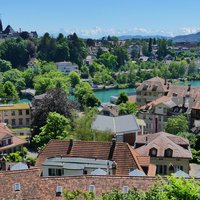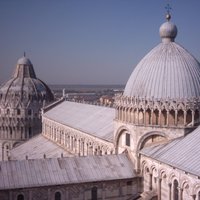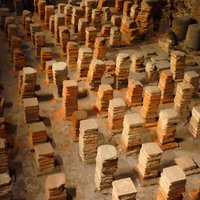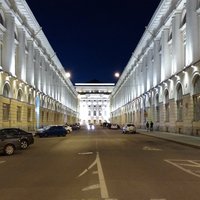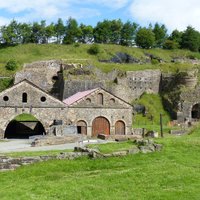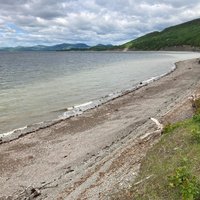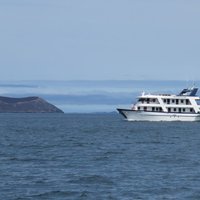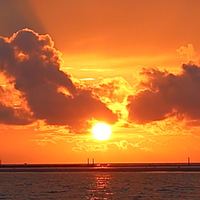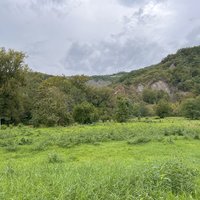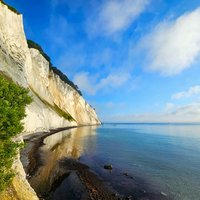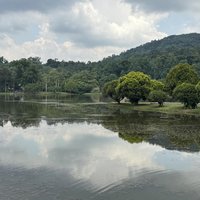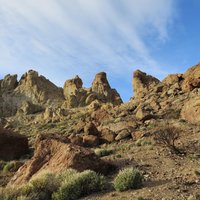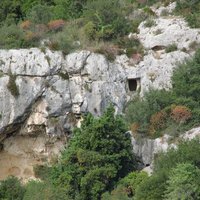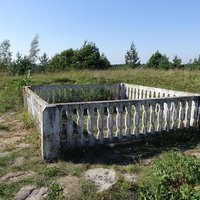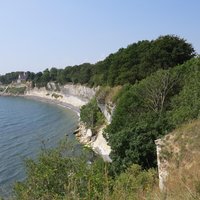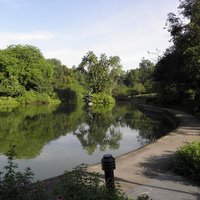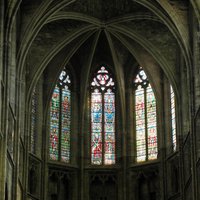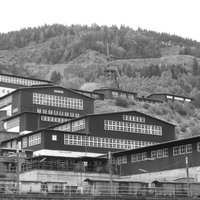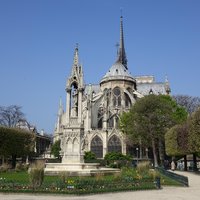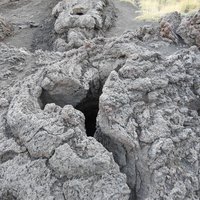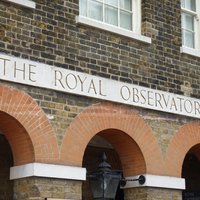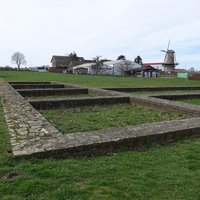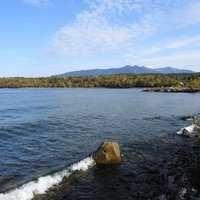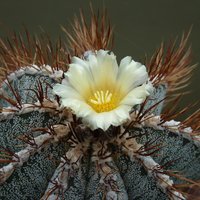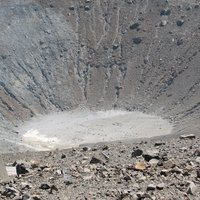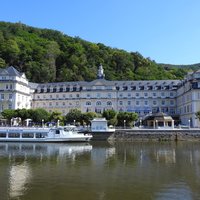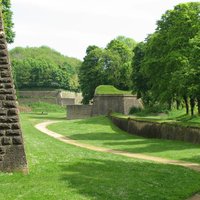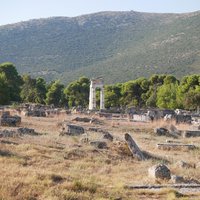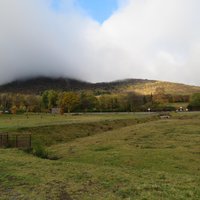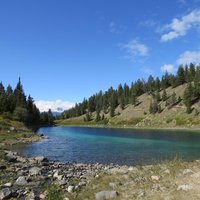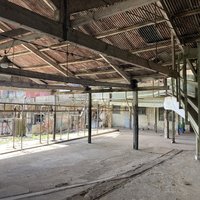Connected Sites
-
Einstein's house 49 Kramgasse: "Albert Einstein lived in Bern from 1903 to 1905 and developed his Theory of Relativity here." (see link), "in 1905, which has been called Einstein's annus mirabilis (amazing year), he published four groundbreaking papers, on the photoelectric effect, Brownian motion, special relativity, and the equivalence of mass and energy, which were to bring him to the notice of the academic world, at the age of 26." (wiki)
See www.bern.com
-
Galileo's experiments linked to Cathedral and Leaning Tower (disputed)
-
In 1781 William Herschel discovered the planet Uranus (orginally named "The Georgian Star" after the king!)using a home made telescope operated from the garden of his house in New King St (Now the Herschel Museum of Astronomy). It was the first planet to be discovered which could not be seen by the naked eye.
-
Mendeleev developed the concept of the Periodic Table of Elements whilst Professor of Chemistry at St Petersburg university. The apartment, which came with the job and is part of the University, is maintained as the Mendeleev museum and contains his study and papers. It is situated in what is now named Mendeleevskaya Iniya close to the Neva across from the Admiralty
See www.boltonsociety.net
-
Blaenavon Ironworks is where Percy Gilchrist and Sidney Gilchrist Thomas created a process to remove phosphorus from iron ore to make a stronger steel. This revolutionized the steel industry in Europe.
-
Of great importance is the presence of the crossopterygian group of fishes, which share many characteristics with the tetrapods: (four-legged land animals). It was the discovery of one of these, the Eusthenopteron (the so-called “Prince of Miguasha”) which focused the attention of the international scientific community on the Escuminac Formation, giving rise to the modern conception of evolution from fish to land dwelling vertebrates. (AB ev)
-
Theory of Evolution by Natural Selection
-
In 1823, Augustin Fresnel chose Cordouan to test out the optical system that would revolutionize the technology of lighthouse illumination around the world. The lighthouse was equipped with the prototype of the Fresnel lens. (nom file p8-9)
-
Crit VIII: "An uncommon richness of rare speleothems and minerals, sometimes unique to these caves, have attracted naturalists and scientists since the 16th century and tens of evaporitic karst phenomena have been described here for the first time"
-
The site has played a key-role in the scientific history and acknowledgement of glaciotectonics, including important methodological contributions to the scientific discipline of glaciotectonism.
-
Research on reforestation
-
Early meteorological observations, including those to measure the 'weight of the air'
See www.izana.org
-
The Greek mathematician and inventor Archimedes was born in Syracuse, where he lived his whole life. "Archimedes anticipated modern calculus and analysis". His "other mathematical achievements include deriving an approximation of pi, defining and investigating the Archimedean spiral, and devising a system using exponentiation for expressing very large numbers. He was also one of the first to apply mathematics to physical phenomena, working on statics and hydrostatics." Apart from this, he "is also credited with designing innovative machines, such as his screw pump, compound pulleys, and defensive war machines to protect his native Syracuse from invasion." (wiki)
See en.wikipedia.org
-
Struve Geodetic Arc
Belarus, Estonia, Finland, Latvia, Lithuania, Moldova, Norway, Russia, Sweden, UkraineInscribed: 200521519Determination of Earth's size/shape -
It was one of the three sites studied by Álvarez before publising his famous hypothesis about the K-T extinction event
See en.wikipedia.org
-
Research into Botanical diversity
-
Tour St Jacques in Paris was where Pascal carried out experiments on atmospheric pressure and there is still a meteorological laboratory installed at the top of the tower.
-
A "problem for which a solution was needed in order to make mining at great depths possible was caused by the hemp ropes and iron chains which were used to hoist the ore. (...) The invention of the wire cable by the Clausthal "Oberbergrat" (head mining councilor) Wilhelm August Julius Albert in the year 1834 solved this problem. The cable was one of the most important technical inventions of all for the mining industry and its use spread to all the mining areas of the world in a very short time. It was also an invention that made technical solutions in many other areas possible, for example in bridge construction." (Nomination File, p. 49)
-
"In 1910, Father Theodor Wulf measured radiant energy at the top and bottom of the tower. He found more at the top than expected, incidentally discovering what are known today as cosmic rays."
See en.wikipedia.org
-
"The almost continuous eruptive activity of Mount Etna continues to influence volcanology, geophysics and other Earth science disciplines." (AB ev)
-
The Observatory - numerous Astronomical discoveries including basic measurements of "the motions of the Heavens". Also definition of Longitude
-
"Constantin Koenen began excavating the legionary fortress at Neuss in 1887 (...). Constantin Koenen was the first to establish the principles of archaeological research based on excavations. The most modern methods were used, including the first photo documentation of the excavation process. This research represents the beginning of modern provincial Roman archaeology." (Nomination file, p. 89-90)
-
Baikal Deep Underwater Neutrino Telescope
-
Research into Botanical diversity
-
"Studied since at least the 18th century, the islands have provided the science of vulcanology with examples of two types of eruption (Vulcanian and Strombolian) and thus have featured prominently in the education of geologists for more than 200 years. The site continues to enrich the field of vulcanology." (AB ev)
-
Great Spa Towns of Europe
Austria, Belgium, Czechia, France, Germany, Italy, United KingdomInscribed: 202145917– "The Great Spas of Europe exhibits an important interchange of innovative ideas that influenced the development of medicine, balneology and leisure activities from around 1700 to the 1930s." (Official description) "At their scientific core, spa doctors, physicians and balneologists brought forward advances in medicine, medical diagnostics and analytical chemistry of world significance. (...) The springs, and their geological and hydrological characteristics, also became the subject of seminal works, too". (Nomination File, p. 68) -
Four solaire de Mont-Louis: The Mont-Louis Solar Furnace, is the world's first solar furnace, built in 1949, by engineer Felix Trombe
See en.wikipedia.org
-
Development of Medicine
-
In 1648, Florin Périer, at the urging of Blaise Pascal, proved Evangelista Torricelli's theory that barometric observations were caused by the weight of air by measuring the height of a column of mercury at three elevations on Puy de Dôme. (wiki)
-
Burgess shale was the site where the Ediacaran explosion hypothesis was postulated, ending one of paleontology's biggest mysteries.
See en.wikipedia.org
-
first place where beef extract was industrially applied

